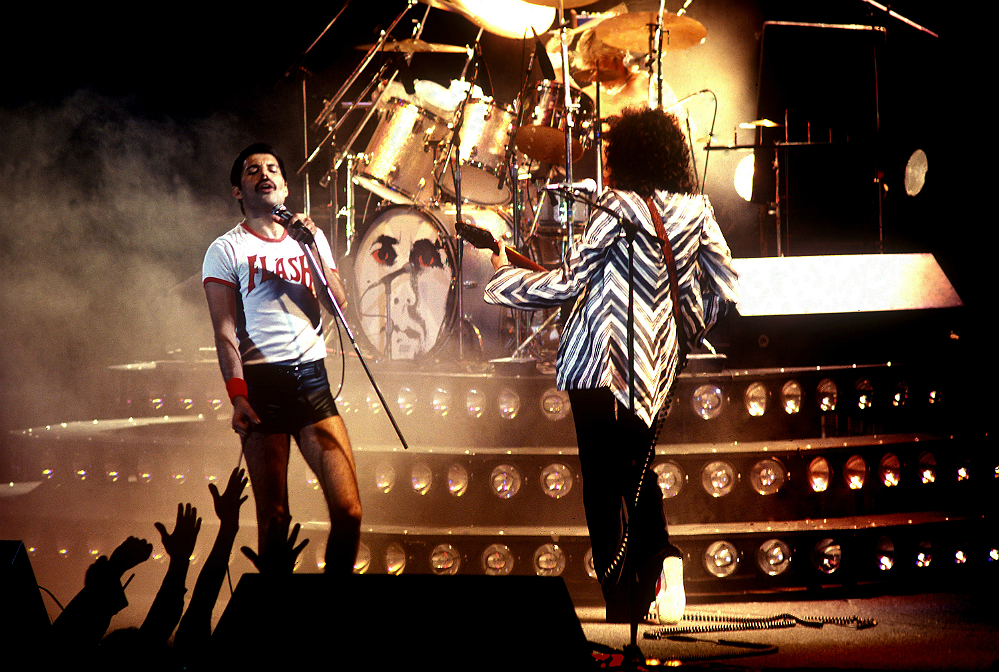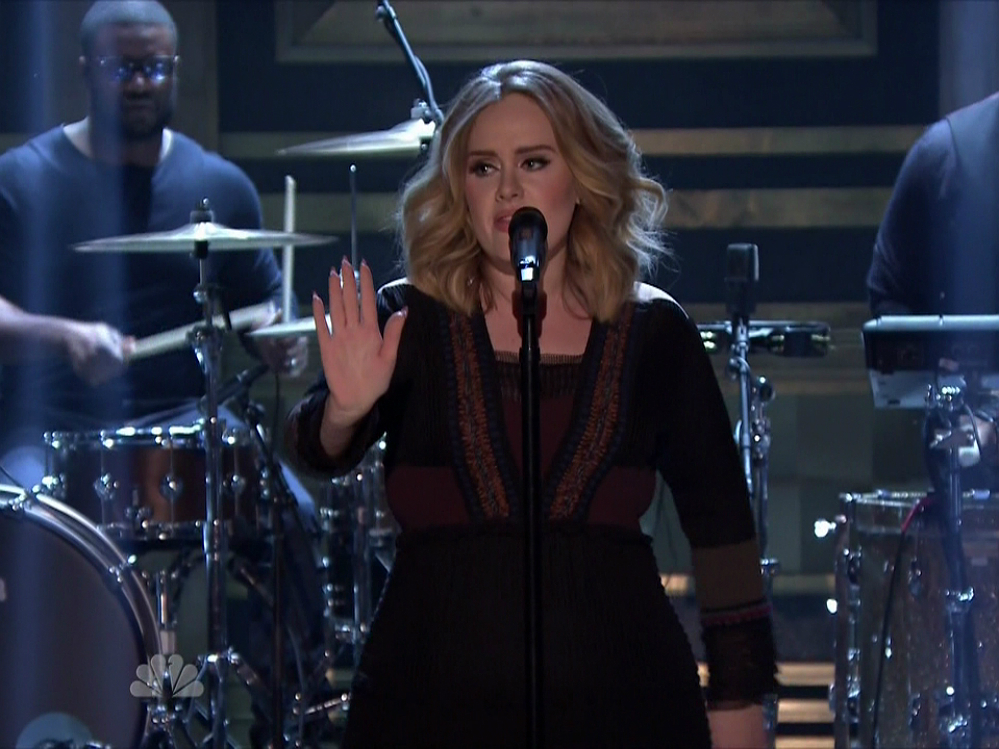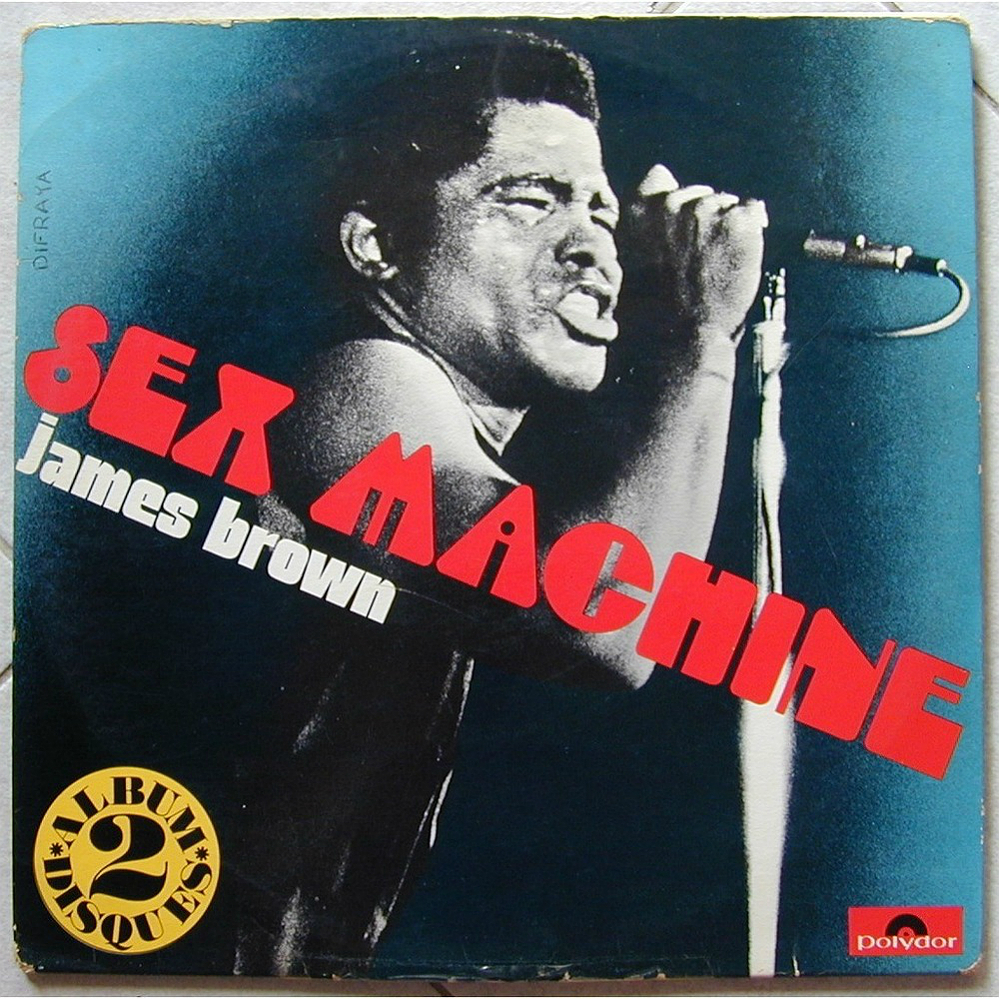Where would we be without science? Probably dead. Either we would have been wiped out by some sort of super-cholera or ravaged by another species of primate who discovered science and used it against us.
For this, we should be thankful for science. It keeps the human race striving, cures diseases, connects people and asks the important question, like, are Queen fans more empathetic? Why do cats hate human music? and Can listening to Nirvana increase your chances of pregnancy?
Here at Gigwise we're not interested in trivia, we want to cold, hard facts of the matter. What you'll find here is 13 of the most thoroughly researched (not by us) studies allowing us to delve into the microcosm of music. However, unlocking the secrets of the rhymic brain takes more than one study so don't be showing these facts off as gospel objectives - they are just proven hypothesis.















